Khel Khel Mein: A Brave Approach To Questioning The Loss of East Pakistan
HIP Rating: 2.5 Out of 5 Stars
Amidst many atrocities and stories that world refuses to talk about at great length, there is one that is attached to the narrative of Pakistan. That is the story of how Bangladesh was formed, and Pakistan lost its eastern satellite in one of the bloodiest stories in the nation’s history. Now, 50 years after the fall of Dhaka, the story returns to the minds of the citizens, via Nabeel Qureshi’s latest stint, Khel Khel Mein.
Starring Bilal Abbas Khan as Saad Sikander – a devil-may-care youngster with a heart enamoured by theatre, and Sajal Aly as Zara Karamullah – a studious girl-next-door with a family lineage linked to East Pakistan, the film directed by ace filmmaker Nabeel Qureshi and produced by Fizza Ali Meerza explores the many lost nuances of the history that we only attribute one page to in our textbooks.
The story begins with raising a question about just what exactly happened in the Eastern satellite of Pakistan. It – through Zara and Saad’s mischievous friendship and collective zeal for theatre – brings forward a story that leads from a college-life drama to them going into a real life one when they decide to participate in an annual drama competition in Dhaka, where all of the regional countries are invited to perform their plays. As luck would have it, despite odds, the team from Pakistan – studying at a prestigious institution – gets the chance to perform.
The first half is just that – a buildup to what’s yet to come. We see during this half, a growth in character for Saad, who finally realises that theatre could be a deep medium to work on, after which he befriends his frenemy Zara. During this half, we also find many voices of dissent that are against going to Dhaka and performing a play that they deem is against the discourse about the fall of Dhaka. Showing a dichotomy, Nabeel tries to explore how two generations share different views about the same situation – one where the people who saw the fall do not want to talk about it, and the other, who was brought after the separation, want to know what exactly happened.
Post intermission, all of this is once and for all answered. We see the team from Pakistan reaching erstwhile East Pakistan, and modern day, Bangladesh, where they do not exactly get their hero’s welcome. We see a nation that is deeply hurt by the past, and one where Pakistani’s are rather unwelcome. However, there does seem to be some warming up, as the film explores regional politics through the representation of countries through teams from India and Bangladesh. Here, we see a lot of patriotic, borderline jingoist writing coming into play, as all sides strive to show their country is best.
Things go on chauvinistically for the rest of the film, which also veers into another narrative of Zara, trying to locate her long-lost grandfather (Manzar Sehbai), who is an unbeknownst victim of a war surrounding him. Culminating into Zara finding her grandpa, and the host country questioning Pakistan’s involvement into the competition, things come to a climax with the khel or performance finally being done on the proscenium arch.
Questioning the involvement of many obscure elements of the region, and the blatant Indian covert operations into breaking Pakistan into two, the theatre performance through its goosebump inducing moments talks about how a country and its citizens turned from loving each other into being sworn enemies. The play, ends with auditorium roaring with applause – mimicking also how possibly every Pakistan would also feel at the end of it as well.
The film, through all of these elements and plot structures, does one thing and one thing alone – it brings forward the belief that we as Pakistanis, are also allowed to put our point of view across about what the actual history looked like. Nabeel, does a brilliant job here by portraying Pakistan’s perspective on the war. There needs to be such a story told because it is also a right for every citizen to understand that many actions were taken by global players in the loss of East Pakistan.
The film however, has things going wrong for it as well. While one can applaud it for great acting and a story that has been done tastefully, there are elements which are far from great. The editing or rather the pace of the film is inherently flawed. Things jump from one scene to another without any care about what was previously happening. Arcs, too, are weak and most characters only have one shade in them, which is either black or white. The ensemble cast too, has been wasted. None of the talented debuting or one-film-old actors are used properly. They are placeholders and one trick ponies who honestly, could have been given better roles. Nabeel really does need to realise the ensemble can also be as important as the main leads.
If that’s not enough, there’s unnecessary addition of tons of jingoism which has been used a ploy to make people laugh or feel patriotic about their nation. This could really have been done without doing so.
It is a film with its heart in the right place, but with an execution that really needed to be polished before being released. An intellectual film with a dash of masala elements can still look much better than what Khel Khel Mein eventually turns out to be.
All in all, watch it for the fact that it raises a question that for half a century was hidden under wraps, and perhaps, learn to love the flaws this Nabeel Qureshi film makes without him realizing them.
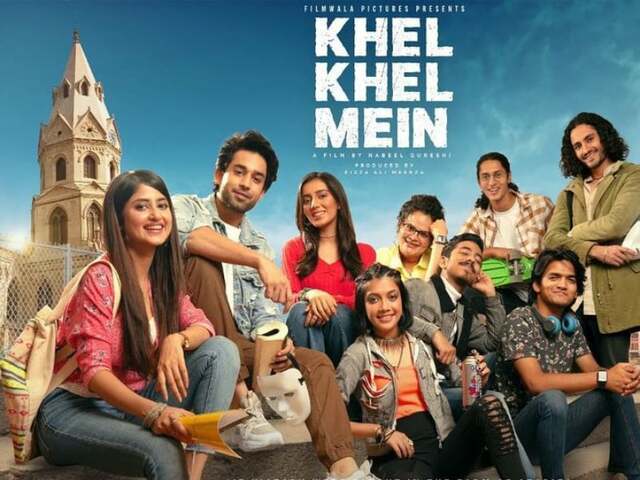

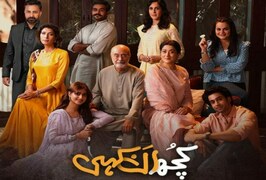
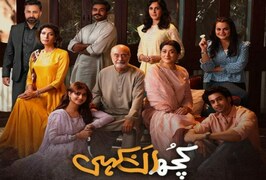
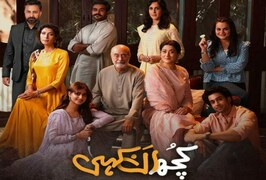

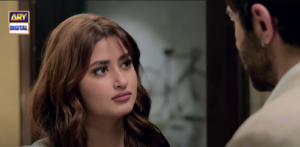



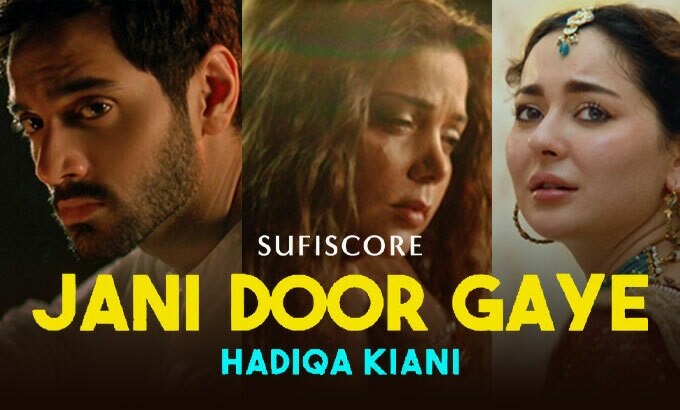
What do you think